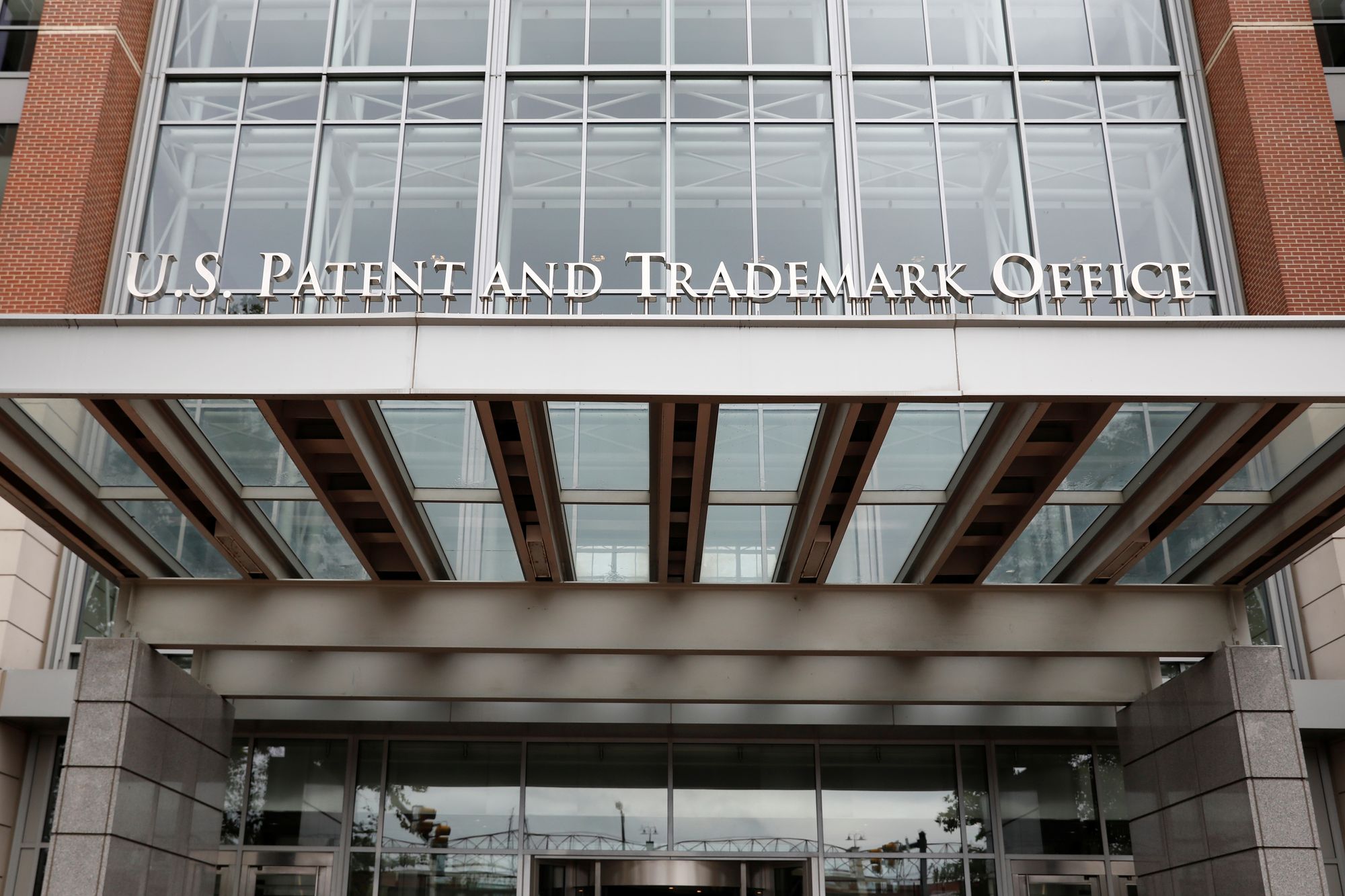Artificial intelligence (AI) is poised to fundamentally reshape the practice of law. While there is a long history of technology-driven changes in how attorneys work, the recent introduction of large language model-based systems such as GPT-3 and GPT-4 marks the first time that widely available technology can perform sophisticated writing and research tasks with a proficiency that previously required highly trained people.
Law firms that effectively leverage emerging AI technologies will be able to offer services at lower cost, higher efficiency, and with higher odds of favorable outcomes in litigation. Law firms that fail to capitalize on the power of AI will be unable to remain cost-competitive, losing clients and undermining their ability to attract and retain talent.
Efficiency Improvements
Consider one of the most time-consuming tasks in litigation: extracting structure, meaning, and salient information from an enormous set of documents produced during discovery. AI will vastly accelerate this process, doing work in seconds that without AI might take weeks. Or consider the drafting of motions to file with a court. AI can be used to very quickly produce initial drafts, citing the relevant case law, advancing arguments, and rebutting (as well as anticipating) arguments advanced by opposing counsel. Human input will still be needed to produce the final draft, but the process will be much faster with AI.
More broadly, AI will make it much more efficient for attorneys to draft documents requiring a high degree of customization—a process that traditionally has consumed a significant amount of attorney time. Examples include contracts, the many different types of documents that get filed with a court in litigation, responses to interrogatories, summaries for clients of recent developments in an ongoing legal matter, visual aids for use in trial, and pitches aimed at landing new clients. AI could also be used during a trial to analyze a trial transcript in real time and provide input to attorneys that can help them choose which questions to ask witnesses.
The Legal Tech Startup Ecosystem
These opportunities will spur the creation of new legal tech companies. One example is Casetext, which was featured in an early March broadcast of MSNBC’s Morning Joe, and recently announced an AI legal assistant called CoCounsel. CoCounsel, which is powered by technology from OpenAI, the company that created ChatGPT, allows an attorney to ask the same sort of questions that he or she might ask of a junior associate, such as, “Can you research what courts in this jurisdiction have done in cases presenting similar fact patterns to the case we are working on?” Casetext is part of what is sure to become a rapidly growing ecosystem of legal tech companies offering AI products based on large language models.
There are also opportunities to use AI for more fully automated provision of legal services. Legal and policy frameworks will need to be updated to facilitate innovation in this space, while also identifying and protecting against the associated risks.
New Skills Required
For attorneys, getting the most out of AI tools will involve far more than just pushing a button. AI is most effective when it is used to complement human skills, and the people who learn how to leverage this collaboration well will get the most mileage out of AI tools.
This will require developing new skills, including knowing how to choose the right AI tool for a particular task, knowing how to construct the right queries and evaluate the relevance, quality, and accuracy of the responses (and then update the queries as needed), and being able synthesize the overall results into a cohesive, actionable picture. Attorneys will also need to be attentive to ensuring that any use of AI tools is done with appropriate attention to protecting confidentiality.
Law firms will need to institute new training so that practicing attorneys can adapt to this new environment. Law schools should update their curricula to ensure that they provide law students with instruction in how to use AI writing and research tools, as these skills will be in high demand among recruiters.
Broadening Access to Legal Services
AI also has the potential to dramatically broaden access to legal services, which are prohibitively expensive for many individuals and small businesses. As the Center for American Progress has written, “[p]romoting equal, meaningful access to legal representation in the U.S. justice system is critical to ending poverty, combating discrimination, and creating opportunity.”
AI will make it much less costly to initiate and pursue litigation. For instance, it is now possible with one click to automatically generate a 1000-word lawsuit against robocallers. More generally, drafting a well-written complaint will require more than a single click, but in some scenarios, not much more. These changes will make it much easier for law firms to expand services to lower-income clients.
Of course, there is a downside to lowered litigation costs as well. There will be people who exploit the nearly frictionless ability to automatically generate legal complaints to rapidly flood court systems in multiple jurisdictions with frivolous AI-written lawsuits. These plaintiffs will be expecting that in the resulting numbers game, a sufficient number of defendants will quickly settle, thereby making the enterprise profitable. It may be necessary to update laws (such as this law in California) regarding vexatious litigants to impede these sorts of abuses.
Human Intelligence Still Critical
Even with widespread adoption of AI, attorneys will still be vitally important. AI can’t make a convincing presentation to a jury. The technology can’t fully weigh the factors that go into the many strategic decisions, large and small, that get made over the course of any litigation matter. It can’t replace the human element of relationships with clients. And a computer can’t play a leadership role in motivating a team of attorneys to produce their best work.
In short, it would be a mistake to use the extraordinary advances of AI to minimize the importance of the human element in the practice of law. But it would be just as big a mistake to dismiss the role of AI, which will fundamentally reshape the landscape for both providers and users of legal services.

The OpenAI logo is seen reflected in an eye in this photo illustration in Warsaw, Poland on 04 February, 2023. (Photo by Jaap Arriens/NurPhoto)NO USE FRANCE

The United States Patent and Trademark Office (USPTO) is seen in Alexandria, Virginia, U.S., September 1, 2020. REUTERS/Andrew Kelly

19 February 2020, Baden-Wuerttemberg, Stuttgart: A high-performance computer with which neural networks are calculated is located in the High Performance Computing Centre Stuttgart (HLRS). Photo: Sebastian Gollnow/dpa